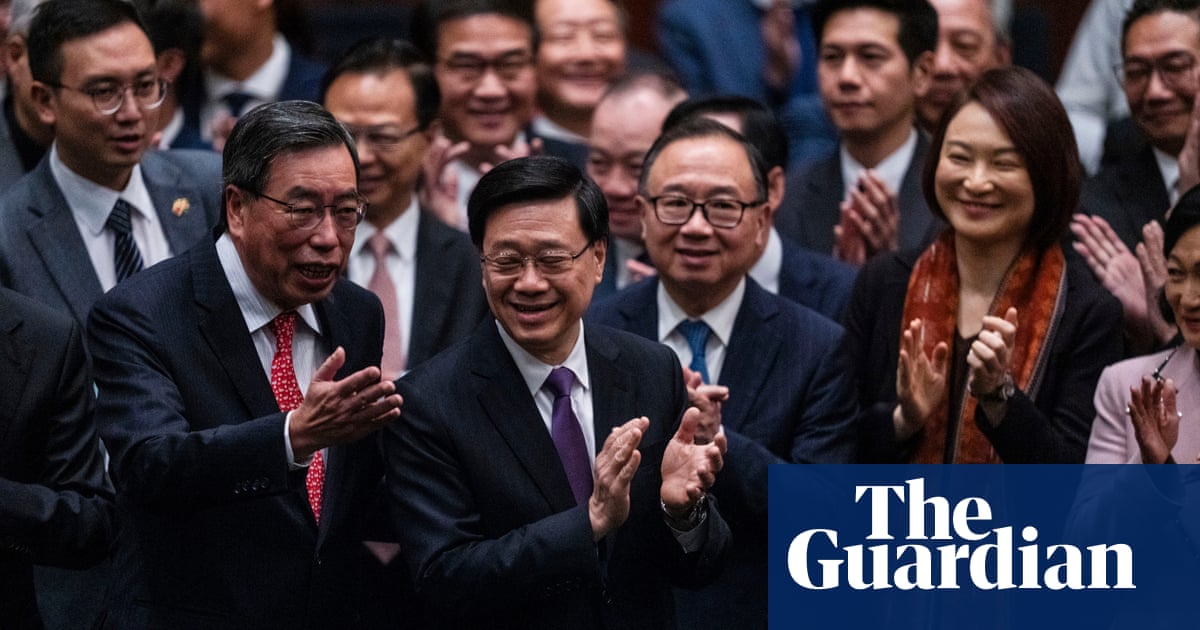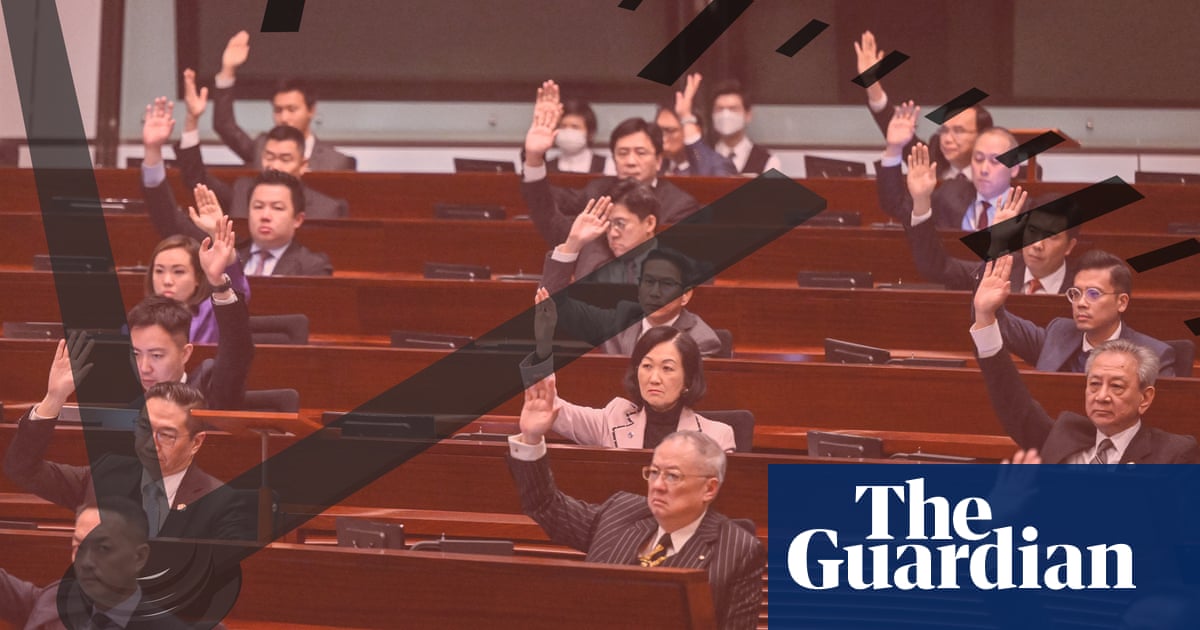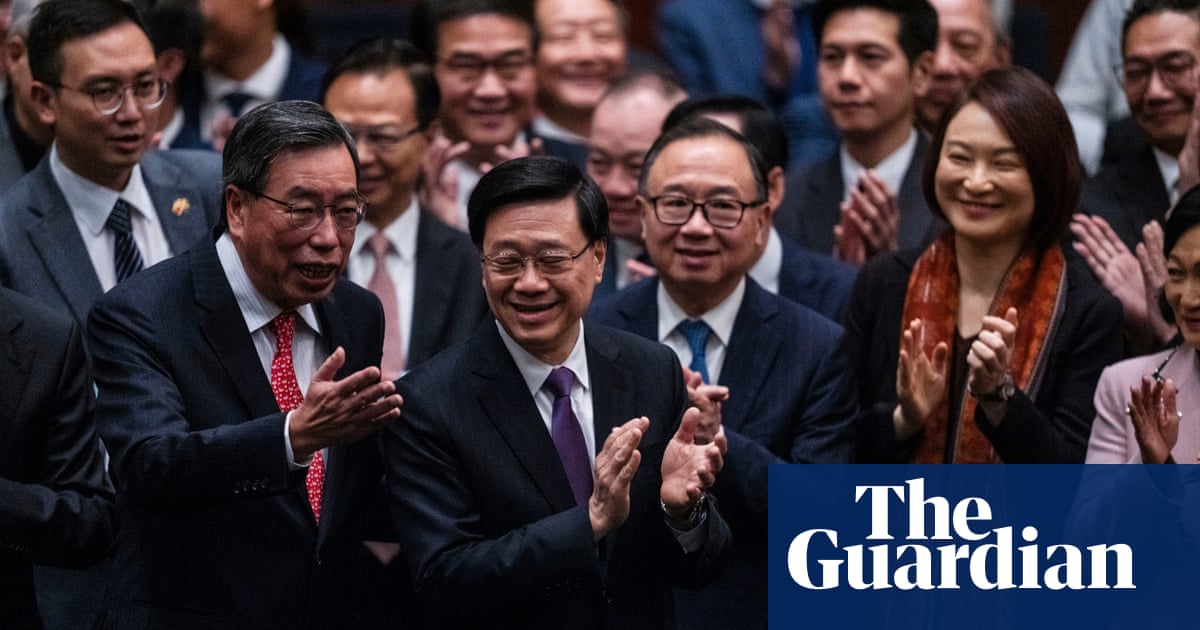
China has accused western governments and the United Nations of slander after they criticised Hong Kong’s new national security law, which was rushed through the city’s pro-Beijing parliament this week.
The law, known as Article 23, covers newly defined acts of treason, espionage, theft of state secrets, sedition and foreign interference. Critics said it was ushering in a “new era of authoritarianism”, would further erode the rights and freedoms of residents, and would scare off international business and investment.
US state department deputy spokesperson Vedant Patel said on Tuesday the US believes the law has the potential to accelerate the closing of a once open society. Patel said the crimes outlined in the legislation are poorly defined and that Washington was analysing the potential risks to US citizens and American interests.
The UK, Australia, Japan, Canada and the UN also lodged concerns, while the EU said in a statement the new law had the potential to “significantly” affect the work of its office in the city, as well other organisations and companies.
But the criticisms were dismissed by Beijing’s diplomats. China’s ambassador to the US, Liu Pengyu, said the new law was “legitimate, lawful and beyond reproach”.
Liu said it was aimed only at “a tiny minority of individuals that are involved in offences seriously jeopardising national security”.
“Foreign institutions, enterprises and personnel’s normal activities will be fully protected,” he said, saying the US criticism was unfair because it too has many domestic national security laws.
At a regular ministry of foreign affairs press briefing on Wednesday, spokesperson Lin Jian said China’s leadership “strongly deplore and firmly oppose individual countries and organisations’ slandering and smears against the safeguarding national security bill of Hong Kong”.
Lin said the law “upholds the fundamental principle of respecting and protecting human rights and protects in accordance with the law the rights and freedoms which the residents of Hong Kong enjoy”.
The law was passed unanimously in Hong Kong’s opposition-free parliament on Tuesday, after an unusually short 12-day legislative process and a limited public consultation period of just one month. Hong Kong’s chief executive, John Lee, had called for the law to be processed “at full speed”.
Authorities said the vast majority of responses from the public were positive, and dismissed many of the negative submissions as coming from “overseas anti-China organisations” or fugitives.
Emily Lau, a veteran pro-democracy politician and former legislator, told the Guardian on Thursday she felt the low number of negative responses were likely due to “self-censorship” in the city, after a years-long crackdown on opposition. “My feeling is there are people who have other views but dare not speak out,” she said.
Jeffrey Wasserstrom, a professor of Chinese history at the University of California, said the new law seemed to be the government adding “more levers” to their crackdown.












